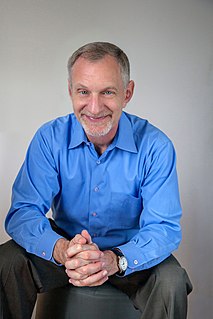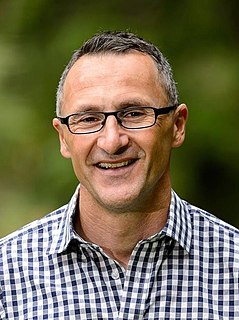A Quote by Matt Hancock
I am, as a father, very worried about the growing evidence of the impact of social media on children's mental health.
Related Quotes
The social and economic impact of the earthquake is still very present and is contributing to mental health problems, the mother who lost her husband, or children who lost their parents, and who now are responsible for the whole family, taking children to school and providing food. This transition is still causing stress and depression.
I've obviously come from a health background. I was a doctor before I became a pollie and one of the things I'd like to do is to really build on the world-class health system we've got. I'm passionate about climate change because it's also a health issue. Things like extreme weather impact on people's health, the ability of our hospitals to cope, the impact on mental health, on farmers in regional areas - they're all serious health concerns.
I lived in Greece for about four years of my life, and living there had a huge impact on my life growing up. My father was very much adamant that we would learn about our culture. It's a very rich culture to be a part of since it has such a great history behind it. I definitely carry that in my job, and I am very passionate.
The impact of the earthquake on mental health was huge and unimaginably deep in people's lives. Some lost all benchmarks and references because of their great loss, we still have people coming to clinics with mental health problems related to the earthquake. They talk about the earthquake, about being under the rubble.
One of the big changes in politics has been because families, individuals, have felt worried, insecure... worried about the economy, worried about their jobs, worried about their kids' futures... actually the disconnect between the public and media discourse and people's everyday concerns has become bigger not smaller.
































